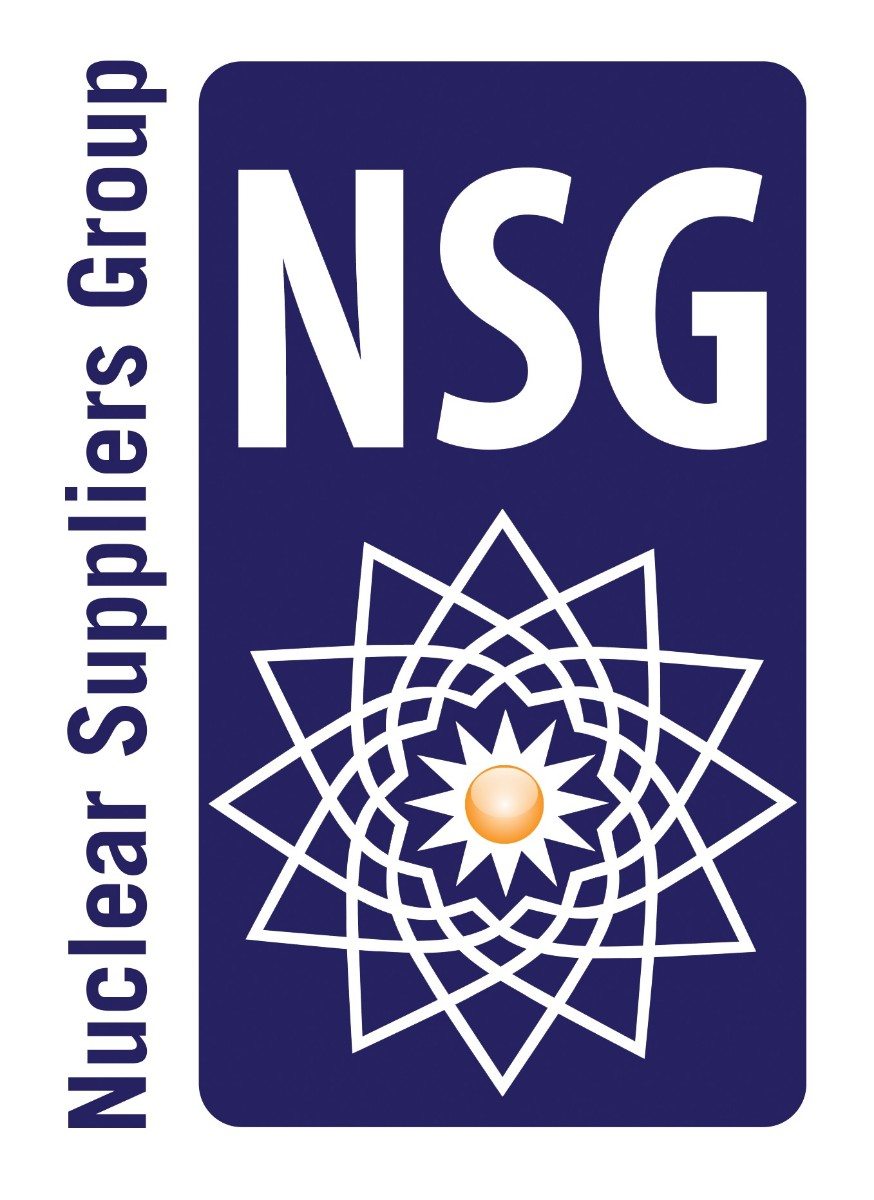
Pakistan, Sanctions, and the Nuclear Suppliers Group
In late March, seven companies in Pakistan had sanctions imposed on them by the United States over suspicions that they have engaged in nuclear trade. The U.S. Bureau of Industry and Security placed the seven Pakistani companies on the Entity List, a list of companies or countries that are involved in or pose a significant risk of being or becoming involved in activities that are contrary to the interests or security of the United States. These sanctions are the latest in a long list of actions that strain the Pakistan-U.S. relationship and endanger the diplomatic channels of these two countries.
A U.S. State Department spokesperson told Voice of America that adding Pakistani companies to the Entity List was a case-by-case decision, rather than being country-specific. However, a statement released by Pakistan’s Ministry of Foreign Affairs said, “Pakistan believes that there should be no undue restrictions on the access to dual-use items and technologies for peaceful and legitimate purposes. Pakistan has always been transparent and willing to engage with the suppliers of the dual-use items.”
Of the companies added to the Entity List, some were involved in procuring items for companies and groups already placed on the List, while others were added due to “involvement in the proliferation of unsafeguarded nuclear activities.”
The sanctions implemented against these seven companies could affect Pakistan’s application to join the Nuclear Suppliers Group (NSG)—an international alliance of countries aiming to promote the nonproliferation of nuclear weapons by setting guidelines for nuclear, and nuclear-related, exports. This group consists of 48 countries, including non-NPT countries, focusing on the need to limit the export of equipment, materials or technology that could be readily turned into nuclear weapons. Pakistan applied to be a part of the NSG in May of 2016, but the United States has been concerned about the country’s development of new nuclear weapons systems. Pakistan’s record on nuclear proliferation has been under much scrutiny since the development of the program, after the founder, A.Q. Khan, smuggled nuclear weaponized blueprints to rogue nations, such as Iran, Libya and North Korea. These two issues combined have effectively postponed adding Pakistan to the NSG.
While Pakistan’s addition to the NSG has been put on hold, the United States has been pushing to add India to the membership list. This would allow Washington to conduct nuclear trade with India, and effectively reduce the space for Islamabad to join. But Prime Minister Nawaz Sharif has made a strong case for Pakistan’s inclusion. Pakistan has regularly submitted reports to the UN Security Council on the measures that the country has put in place to exercise control over the transfer of materials and technologies that could be considered sensitive. These reports aim to establish a history that proves Islamabad has been taking the necessary actions to adhere to NSG guidelines and highlight that it is politics that is the ultimate factor for delaying Pakistan’s admittance.
Pakistan and the United States have a tumultuous history at best. In 2007, Gen. Ashfaq Parvz Kanyani said that the United States had a short attention span, and that the country comes and goes with little thought to Pakistan. This feeling has only increased throughout the years following as distrust between Washington and Islamabad has grown. While the Pakistani government has quietly supported the resurgence of CIA drone strikes ordered by President Trump in the last year, military officials have encouraged the administration to step up political pressure on Islamabad until they expel Afghan and Al-Qaeda militants. The US has used Islamabad’s history of harboring militants as much as it has used Pakistan’s nuclear program’s history—as a tool to keep the country from being an active member internationally.
While history is playing a key role in keeping Pakistan from being added to the Nuclear Suppliers Group, there are potential benefits from admission. It would bring Pakistan into an institution that which would require government adherence to regulations on its nuclear program. It would also provide opportunity for companies to engage in business that does not threaten American security or foreign interests. If Pakistani companies were part of the NSG, it would not have to resort to procuring items for other Entity List companies or be involved with proliferation. Admitting Islamabad would strengthen ties to legitimate entities. The United States should work directly with Pakistan to ensure its concerns are addressed – using NSG membership as a carrot to entice Pakistani to adhere to higher standards than it already is, while opening the door for stronger enforcement should it break NSG guidelines.





